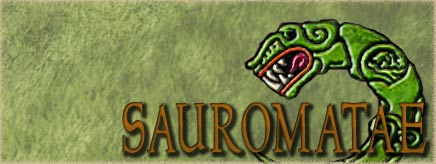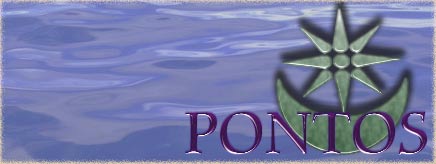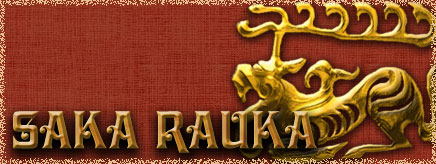Ok it's from the Fasti Triumphales and it goes:
This particular incision has been dated between 19 and 12 BCE. But other fragments have been discovered in other cities, with just variants of forms. So it is debated when the "originals" or other copies can be dated to. However events after 296 BCE seems to be taken from the Annales Maximi, written in 130 BCE. If all of that stands, in 130 BCE Publius Mucius Scaevola might've been speaking of Insubres and their germane (closely related?) allies fighting at Clastidium in 222 BCE.M(arcus) Claudius M(arci) f(ilius) M(arci) n(epos) Marcellus an(no) DXX[XI] / co(n)s(ul) de Galleis Insubribus et Germ[an(eis)] / K(alendis) Mart(iis) isque spolia opima rettu[lit] / duce hostium Virdumaro ad Clastid[ium] / [interfecto]
What source was he using (Annales recorded by the contemporary Pontifex of 222 BCE?), whether the Fasti that have survived were based on him or whatever. We do not know :P
Still Poseidonios was writing something like 50 years later...
And from what we know, the related people/allies were the Senones, Bouiroi and Gaisatoi. That would make Germani an arbitrarily term that Caesar applied to people across the Rhine, related to the Galli. Perhaps to fit his tripartite description of the province he was conquering. (Bad PR saying there are other keltic speakers across the Rhine, he was unable to subdue, let's just call them Germani :D) Subtle differences like Noric, Belgic and Vindelic tongues?
Or it could be that Germani were "those who are related" to the Suebi, Caesar encountered and might be hinting the former spoke the same language as the latter. (did he ever heard them speak in a different manner?)










 Reply With Quote
Reply With Quote
Bookmarks